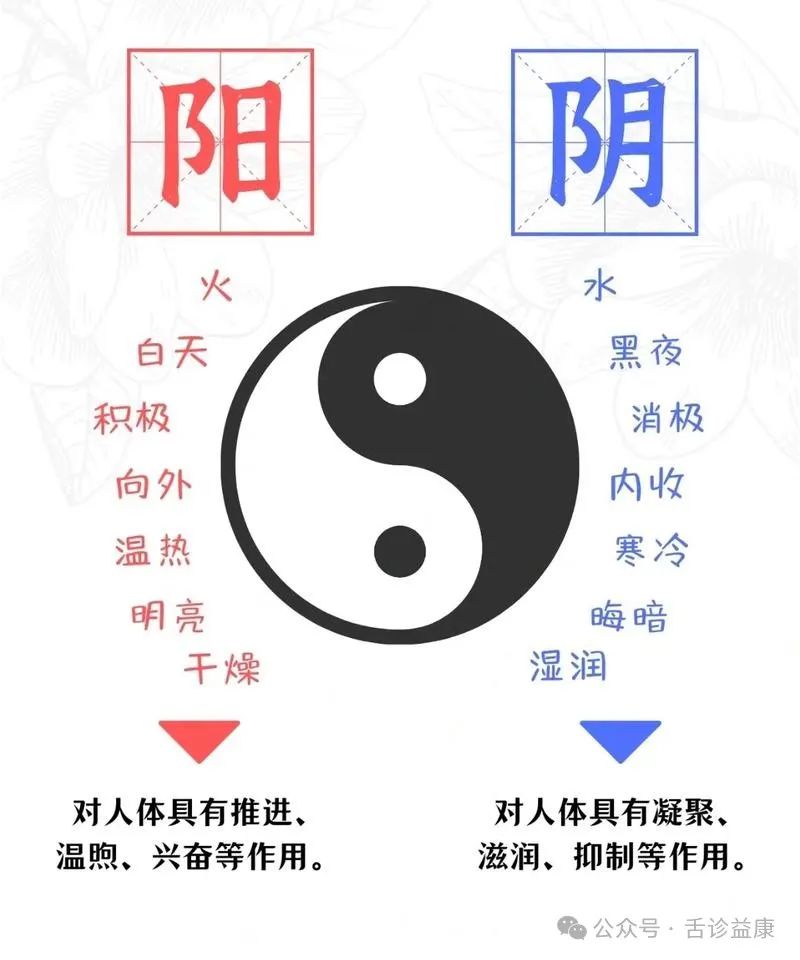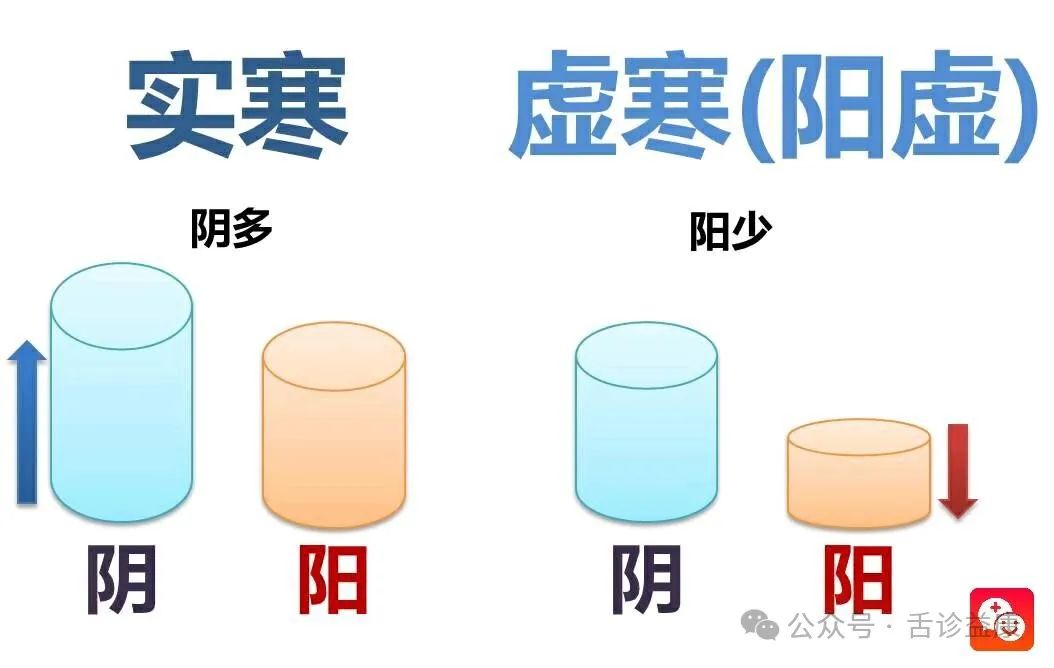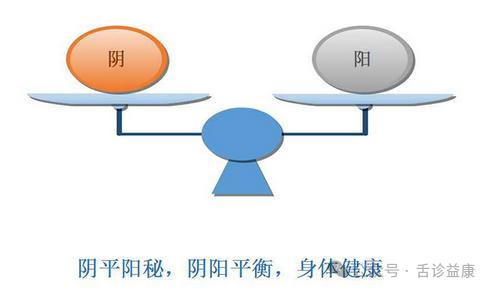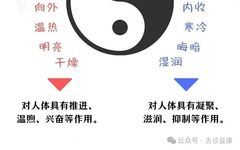
The I Ching (易经) is an ancient Chinese philosophical text that reveals the laws governing the operation of all things in the universe. For over three thousand years since its inception, many have utilized its wisdom to seek good fortune and avoid misfortune.
So, does the I Ching also contain the secrets to health and wellness?
What does the I Ching teach us about nurturing our health?
What principles are hidden within the twelve health hexagrams of the I Ching?
We know that the I Ching is a philosophical work that reveals the laws of the universe, and for over three thousand years, many have used its wisdom to seek health and wellness. This classic text opened the door to traditional Chinese health studies.
First, let’s understand the health philosophy within the Taiji Diagram (太极图): one side represents Yang (阳), and the other side represents Yin (阴). They transform into each other and restrict one another; when Yin reaches its extreme, Yang arises, and vice versa. Within Yin, there is Yang, and within Yang, there is Yin… The division between Yin and Yang is not marked by a straight line but by a curved S-shape with two dots, symbolizing that all things are in constant change. The world operates under the principle that all things that flourish will decline, and all things that decline will flourish. Our life activities follow this law.
We understand that our life essence resembles a “small universe,” continuously exchanging matter and energy. When Yin and Yang are balanced, we are healthy; when they are unbalanced, we become ill. Balance leads to peace of mind and body; imbalance leads to disease; when Yin and Yang are separated, life ceases. This is a general principle.
From this, I have grasped the way of balancing Yin and Yang and have summarized several practical health tips to share with everyone.


1. Balancing Yin and Yang is the Eternal Standard for Correct Health Maintenance
[1.1] It is essential to pay attention to the balance of cold and heat: Cold harms Yang, while heat harms Yin. If we cannot maintain a good balance between cold and heat, it will naturally affect the balance of Yin and Yang.
[1.2] We must maintain the balance of Qi (气) and blood (血): Qi belongs to Yang, while blood belongs to Yin. To maintain the balance of Yin and Yang, we must also keep the balance of Qi and blood. Qi is the most fundamental substance of the human body, while blood nourishes and moistens the entire body. Qi deficiency can lead to blood deficiency, and blood deficiency cannot carry Qi. Therefore, the balance of Qi and blood is particularly significant for health.
[1.3] Attention must be given to the balance of dryness and dampness: Many people experience discomfort due to imbalances caused by their living environment, diet, and exercise. For example, if someone lives in a very humid place, over time, they may develop skin diseases and internal health issues.

2. Nourishing Qi: We Must Carefully Maintain Our Yang Qi Throughout Life
According to the I Ching’s theory of Yin and Yang, we are inspired to understand that Yang Qi is the driving force and source of life. To maintain health, we must persistently nourish and prolong our Yang Qi to combat the growth of Yin Qi, ensuring that Yang Qi remains vigorous. This is the essence of health maintenance as taught by the I Ching.
So, how can we actively nourish this Yang Qi?
[2.1] In terms of activities, we can choose spring outings and travel to absorb the Yang Qi of heaven and earth, which helps to relax the body and mind.
[2.2] The second aspect is dietary regulation. According to TCM, black foods help nourish the kidneys, such as black rice, black beans, black fungus, and black sesame. These foods, along with nuts, especially walnuts, are beneficial. Additionally, avoid excessive sexual activity.
[2.3] Expel Yin toxins and provide sufficient space for Yang Qi: According to the Taiji life clock, after reaching middle age, Yin Qi begins to increase, which is called “Yin grows, Yang declines”—a natural law. It tells us that middle-aged and elderly individuals must pay attention to the increase of Yin Qi. We need to combat and eliminate Yin Qi, which we refer to as Yin toxins, including water toxins, food toxins, fat toxins, phlegm toxins, blood stasis toxins, and Qi toxins.
[2.4] A simple and cost-free method is to get more sunlight.

3. Nourishing the Heart: It is Especially Important to Nourish the Heart in Summer
[3.1] Keep the mind calm and avoid impatience and anger: Among the four seasons, summer is associated with fire, which connects to the heart. Therefore, in summer, people are prone to feelings of irritability and may experience insomnia, mouth ulcers, and other symptoms of excessive heat. To nourish the heart in summer, one should avoid impatience and anger, refrain from extreme joy or sorrow, maintain a calm spirit, and keep a cheerful disposition.
[3.2] Moderate exercise and avoid prolonged exposure to air conditioning: As temperatures rise after the beginning of summer, many people, fearing heat and sweating, stay indoors in air-conditioned rooms, which can lead to various degrees of Qi stagnation and blood stasis. Moderate exercise is beneficial, with an intensity that does not cause fatigue, and should not exceed one hour to reduce the burden on the heart. It is important to note that while exercise is beneficial, excessive exercise in summer should be avoided. Suitable summer exercises include walking, slow jogging, and Tai Chi.
[3.3] The diet should be light, with porridge in the morning and evening and soup at lunch: The dietary principle for summer is “nourishing Yang in spring and summer,” focusing on nourishing the heart. Foods such as milk, soy products, chicken, and lean meat can provide nutrition and strengthen the heart. The diet should be light, focusing on easily digestible foods rich in vitamins, while avoiding heavy, greasy, and spicy foods. Due to the heat and increased sweating in summer, the body loses more fluids, and the digestive function of the spleen and stomach may be impaired. Therefore, consuming light foods is an important method for summer health maintenance. For example, eating porridge in the morning and evening and soup at lunch can help quench thirst, cool the body, and nourish health.
The wisdom of the I Ching in health maintenance lays the theoretical foundation for traditional Chinese medicine. Its core can be summarized as follows: the highest realm of TCM is health maintenance, and the highest realm of health maintenance is the balance of Yin and Yang. This establishes the core thinking of Eastern health practices and will bring endless wisdom to human longevity.

